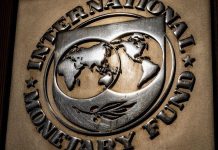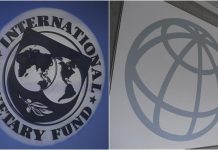THE Bank of Tanzania (BoT) has welcomed a recent International Monetary Fund’s (IMF) assessment on the country’s economy and monetary policies, saying it truly reflected the situation on the ground.
Bringing down the curtain of the weeklong Central Bank’s media training, BoT’s Director of Economic Research and Policy, Dr Suleiman Misango said Tanzania was currently making notable progress as far as its economy and sound monetary policies are concerned.
“Such a verdict by the IMF is indeed a strong statement that the country is registering headways, even when there is still more to do,” observed Dr Misango.
According to the IMF, Tanzania’s economic conditions remain stable, with economic growth estimated at about six per cent, inflation at below five per cent, and adequate level of foreign reserves, and manageable public debt.
According to the Bretton and Woods Institution, the robust and decisive set of policies will be critical to increase private sector investment, job creation, and support high economic growth and increase resilience against risks.
Led by Mr Enrique Gelbard, the IMF team which met a host of BoT officials also took note of the progress made by the country especially the trajectory increase of the economic pace.
“The pace of economic activity appears to have increased in the recent months prompted by higher public investment, a rebound in exports, and an increase in credit to the private sector,” said Mr Gelbard.
The Washington D.C. based organisation also commended the government’s commitment for taking bold steps, which have improved the quality and timeliness of indicators of economic activities and Gross Domestic Product (GDP) through improvements in economic surveys and publication of high-frequency indicators and surveys.
It opined that available prudent fiscal and monetary policies had delivered economic stability, noting further the need for sustaining such gains realised in the increase in private investment job creation.
The team also hailed Central Bank for their intention to improve governance in tax administration and emphasized the urgency to adhere to efficient means of tax collection and control, notably through the use of risk-based audits.







